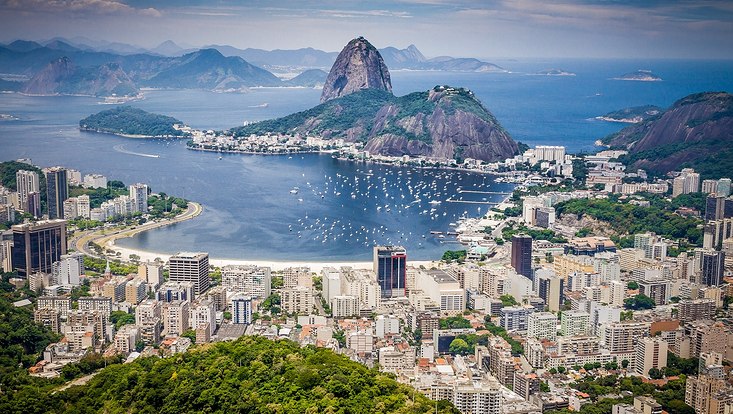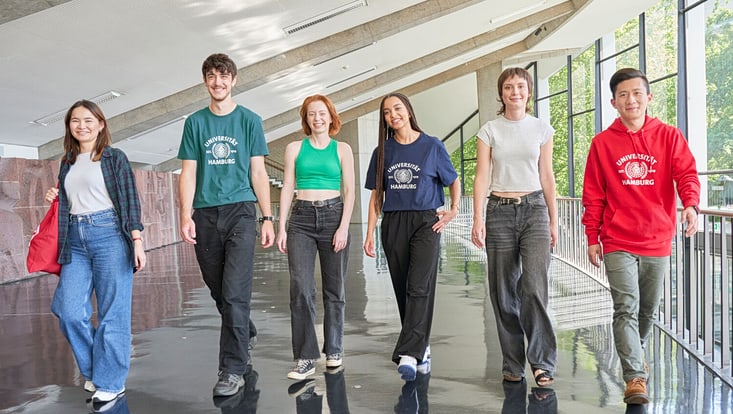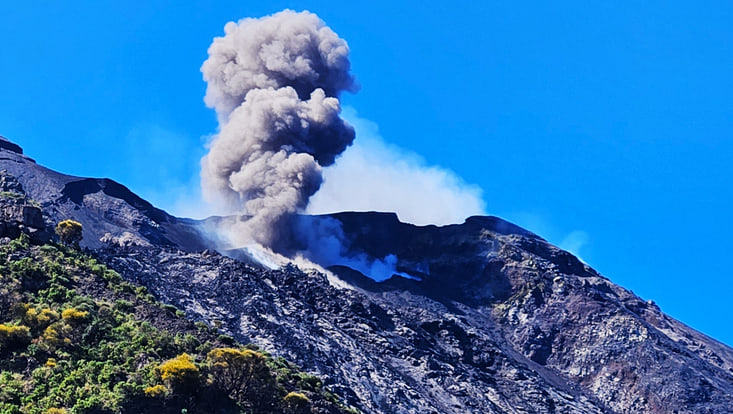Sustainability in Brazil
8 March 2023, by Eduardo Gonçalves Gresse

Photo: Pixabay/Poswiecie
Brazil has the greatest biodiversity of any country in the world. But to date, it has also been characterized by inconsistent environmental policy: once a pioneer with an ambitious global sustainability strategy and the host of the groundbreaking Rio Conferences, it has suffered massive setbacks in recent years, both ecologically and in terms of democracy. In this context, above all non-state actors are those who advance environmental and climate protection agendas. How well does this work? That is one of my research streams at Hamburg’s Cluster of Excellence for climate research, CLICCS.
I spent six months in Brazil, where I investigated the diffusion of the UN 2030 Agenda and its Sustainable Development Goals, also known as the SDGs. Examples include no poverty, zero hunger, access to clean water, mobility and safety, as well as clear targets for environmental protection. I looked into how activists, researchers and companies make sense of the global agenda, and how they implement it on a local scale. What do they expect the future to bring, and what are their own ideas? What new practices – but also new conflicts – arise in connection with social engagement for the sustainability goals?

Dr. Eduardo Gonçalves Gresse
The SDGs are meant to make societies around the world more sustainable. When they were announced in 2015, Brazil pledged to support them. But for the past several years, it’s been non-state actors who have worked to implement these goals. What drives these people? And what have they achieved?
In my interviews, I saw tremendous civil engagement to pursue a more sustainable path. I spoke with actors who collaborate with development organizations and local authorities to disseminate and implement the Agenda 2030. In the process, new alliances are formed. For example, one civil society group publishes an annual report on the progress made on the sustainability targets in Brazil. As new connections are made, more and more people become aware of the SDGs, but also of the setbacks in their own country. Government offices and citizens come together and lend mutual support, political processes supporting sustainability norms gain momentum. Yet my analysis also shows that many societal actors, particularly companies, adopt the Agenda to advertise their own initiatives, which don’t necessarily contribute to reaching the SDGs.
In brief: the groups and initiatives I investigated hold enormous potential to raise awareness for sustainability targets and spur on political processes. Yet, as impressive as their engagement is, ambitious sustainable development goals will only be reached when society at large supports a structural transformation, and when governments provide massive financial support and public policies for sustainable development.
Brazil has everything it takes to be a pioneer of sustainable development. The regime change in January 2023 is expected to bring with it a reversal of recent years. President Luiz Inácio Lula da Silva has already introduced ambitious measures for environmental and climate protection. By nominating Marina Silva as Minister of the Environment, Brazil has also signaled a desire to become a sustainable development champion. That being said, the latest protests by supporters of former President Jair Bolsonaro show that transforming the Brazilian development model will be anything but easy.
More Information
Dr. Eduardo Gonçalves Gresse is a CLICCS Synthesis Scientist conducting research on sustainable development and potential climate futures with a focus on Brazil.
Newspaper: This article was first published as a guest article in the Hamburger Abendblatt as part of a monthly series on climate research. Find all articles of the series here.


